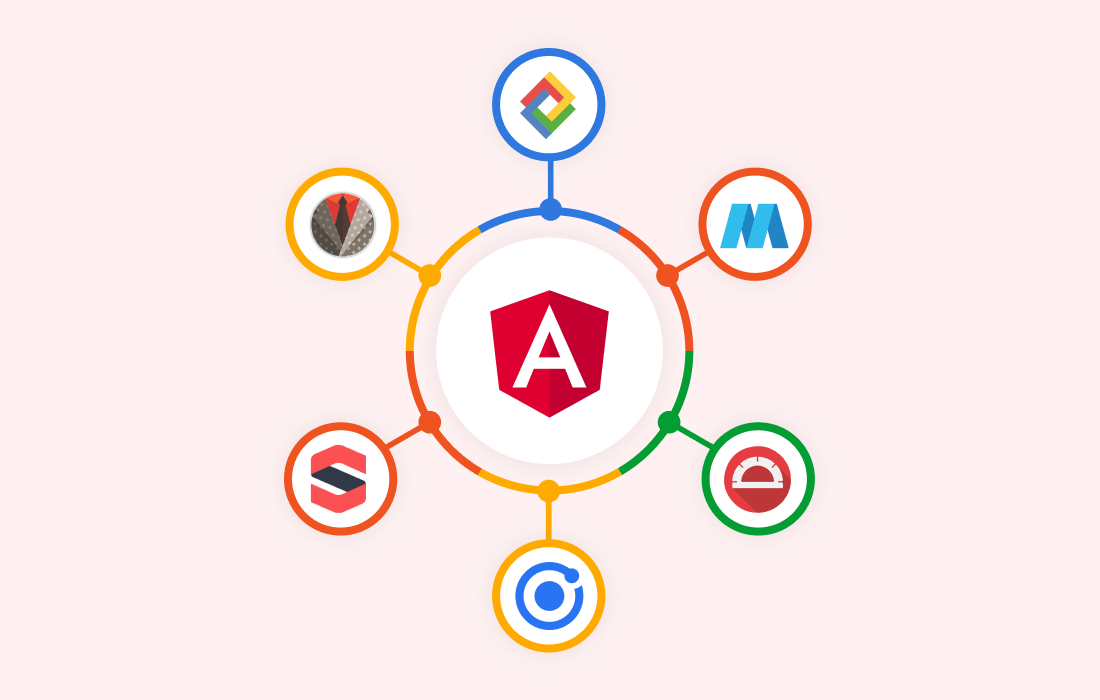Tech Versum: Explore the Future of Technology
Dive into the latest trends and innovations in technology with Tech Versum.
Angular Alchemy: Turning Code into Gold
Unlock the secrets of Angular mastery! Transform your code into gold with our expert tips and tricks for developers.
Unlocking the Secrets of Angular: A Beginner's Guide
Welcome to Unlocking the Secrets of Angular: A Beginner's Guide! If you're new to web development or looking to enhance your skills, Angular is a powerful JavaScript framework developed by Google that helps you build dynamic, single-page applications. This framework is not only feature-rich but also has a friendly learning curve for beginners. To get started, familiarize yourself with some basic concepts such as components, TypeScript, and modules, which are fundamental to Angular’s structure.
Once you grasp these core concepts, you can dive deeper into the ecosystem. Utilize resources like the official Angular documentation, which provides comprehensive guidelines and examples. Additionally, engaging with the community through forums such as Stack Overflow can be beneficial. Remember, practice is key. Start with small projects to apply what you've learned and progressively tackle more complex applications. By following this guide, you'll be well on your way to mastering Angular and unlocking its full potential.

Top 10 Angular Tips and Tricks for Efficient Development
Angular is a powerful framework for building dynamic web applications, and mastering it can significantly enhance your development efficiency. Here are the top 10 Angular tips and tricks that can streamline your workflow:
- Utilize Angular CLI: The Angular Command Line Interface (CLI) is an indispensable tool that automates many processes for you. It can help generate components, services, and even entire Angular applications, saving you a lot of time. For more information, visit Angular CLI Documentation.
- Use Lazy Loading: Lazy loading is a technique that loads modules on demand rather than at application startup. This can drastically improve loading times and performance. Implement lazy loading by structuring your app into modules and using the router to load them as needed. Learn more at Lazy Loading in Angular.
Continuing with our list of top Angular tips and tricks, here are a few more essential practices:
- Employ Strict Template Checks: Enabling strict template checks in Angular will help you catch errors early and ensure better consistency across your codebase. Update your project settings to include this option and enjoy more robust development.
- Optimize Change Detection: Master the Change Detection strategy to manage how Angular detects changes in your application. This will help improve performance by preventing unnecessary checks. Consider using ChangeDetectionStrategy for finer control over updates.
How to Optimize Your Angular Application for Performance
Optimizing your Angular application for performance is crucial for enhancing user experience and retaining users. One of the first steps is to utilize lazy loading, which loads feature modules only when they are required. This reduces the initial load time of your application significantly. To implement lazy loading, you can use the Angular Router to load modules asynchronously. For more detailed instructions, refer to the official Angular documentation.
Another key optimization technique is to track and reduce change detection cycles. Angular's change detection can be resource-intensive; thus, using the OnPush strategy for your components can improve performance by checking changes only when the input properties change or an event occurs. Additionally, you might consider employing the ngZone service to manage the operation executions outside the Angular zone when necessary. This is elaborated further in Angular's API documentation.